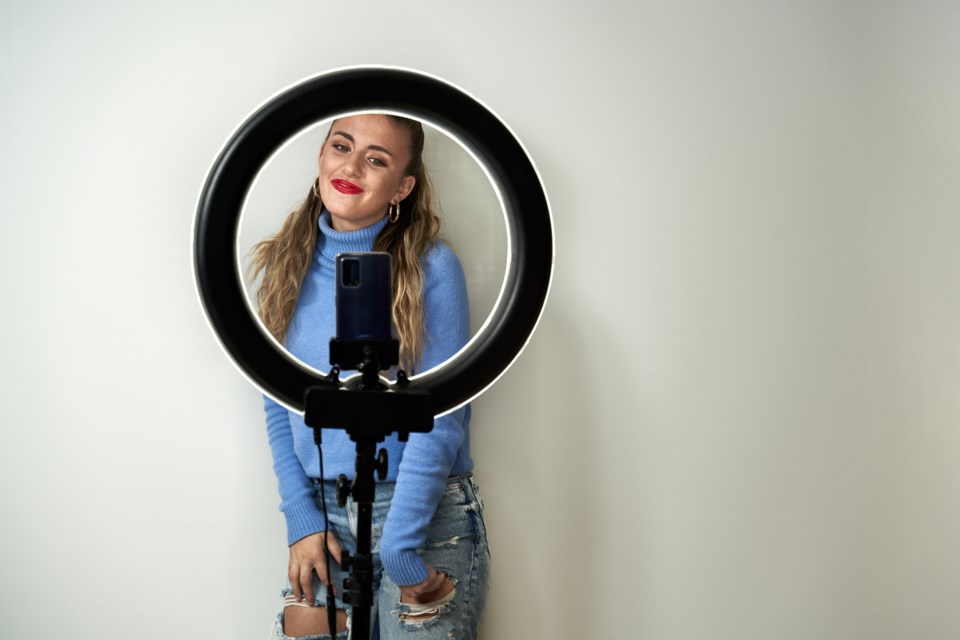Social media can be a great tool for disseminating information. But it's also a space with a lot of misinformation.
that young people might be at risk of unplanned pregnancies because they're acquiring contraceptive advice from social media influencers.
And while some individuals may find this reality a surprise, Marissa Levesque, AccessBC's social media organizer, says she wasn't surprised by the study.
"This, I think, is the first study that I've seen. I have read similar stories about YouTube influencers being much more influential to young people than traditional celebrities because they are so accessible and relatable," said Levesque, who is also a fourth-year medical student in the Southern Medical Program at the University of British Columbia.
AccessBC is a grassroots group who, since 2017, has advocated for free prescription contraception in B.C.
"They share these personal stories that make people take notice. And so, I think it's a little bit sad," said Levesque.
"People tend to only share their negative stories and not their success stories. If your IUD or your Nexplanon is working, that means you don't notice it, you've got nothing to report on," she added.
The study, published in the journal, states the large amount of videos with inaccurate information on sexual health is a public health issue.
The study analyzed 50 birth control-related YouTube videos, excluding TED Talks and medical professional videos, with at least 20,000 subscribers, posted between December 2019 and December 2021.
Researchers studied the videos to determine the influencers' thoughts on hormonal birth control, and non-hormonal birth control.
They found that 74 per cent of influencers shared they were planning on getting off hormonal birth control. These individuals stated they were discontinuing it to find more natural contraception methods, and improving mental health.
Instead, some were switching to non-hormonal birth control, citing fewer side effects and being more cost-effective.
“Tracking cycles may not be as effective at preventing pregnancy as hormonal birth control,” said lead author Emily Pfender of the Department of Communication at the University of Delaware, in a press release.
And while cycle tracking can be a useful form of birth control, Levesque emphasizes that influencers don't necessarily talk about "how difficult it is to accurately track your cycle."
Pfender notes that "to use the cycle-tracking method as intended, women must faithfully measure basal body temperature and viscosity of cervical fluid at the same time every day, track cycle lengths to calculate their fertile window and refrain from having sex on specific days of their cycle.”
This is why Levesque says improving education around sexual health and contraception can be helpful for countering misinformation.
"I think making prescription contraception free would really be the first step in allowing young people to access the proper information to destigmatizing conversations about contraception, and hopefully, (alter) our education in schools around contraception and sex," she says.
"A lot of good information can be shared in that way with personal stories, but it can also lead to decisions that may be kind of detrimental to people because they're basing their decision on someone else's experience. And their experience could be completely different if they were able to shop around and try out different contraceptive methods and find one that works for them."



